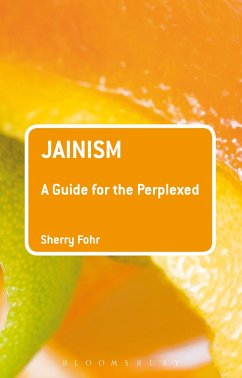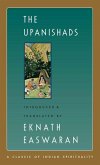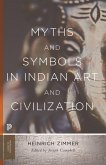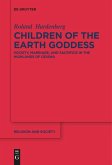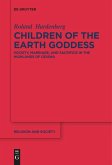Jainism is arguably the most non-violent and austere religion in the world. While lay Jains attempt to never harm humans or animals, the strict non-violence followed by the highly revered monks and nuns also proscribes harm to any living being, even a microscopic organism. And while laywomen (and a few laymen) undergo long and difficult fasts, the longest being for one month, renouncers' austerities also include pulling their hair out by the roots two to five times a year, walking bare-foot throughout India most of the year, and, in the case of some monks, not wearing any clothing at all. Jainism: A Guide for the Perplexed is a clear and thorough account of this fascinating tradition, explaining many basic Jain values, beliefs and practices in the same way they are taught to Jains themselves, through the medium of sacred narratives. Drawing from Jainism's copious and influential narrative tradition, the author explores the inner-logic of how renouncers' and laypeople's values and practices depend on an intricate Jain worldview.
Jains have long learned the principles and history of Jainism through narratives. Stories are at the heart of the sermons that mendicants regularly deliver to laypeople. Mothers and grand-mothers recount narratives to young Jains. In the home of most Jains are one or more bookshelves full of volumes of edifying tales. Sherry Fohr has followed this time-honored example, and provided an accessible introduction to the Jain tradition through narratives. The reader will encounter memorable characters and memorable tales, and in the process come to see why Jainism has been one of the world's enduring religious systems that has provided insights to generations of seekers for three-thousand years. John E. Cort, Professor of Asian and Comparative Religions & Chair, Department of Religion, Denison University, USA

